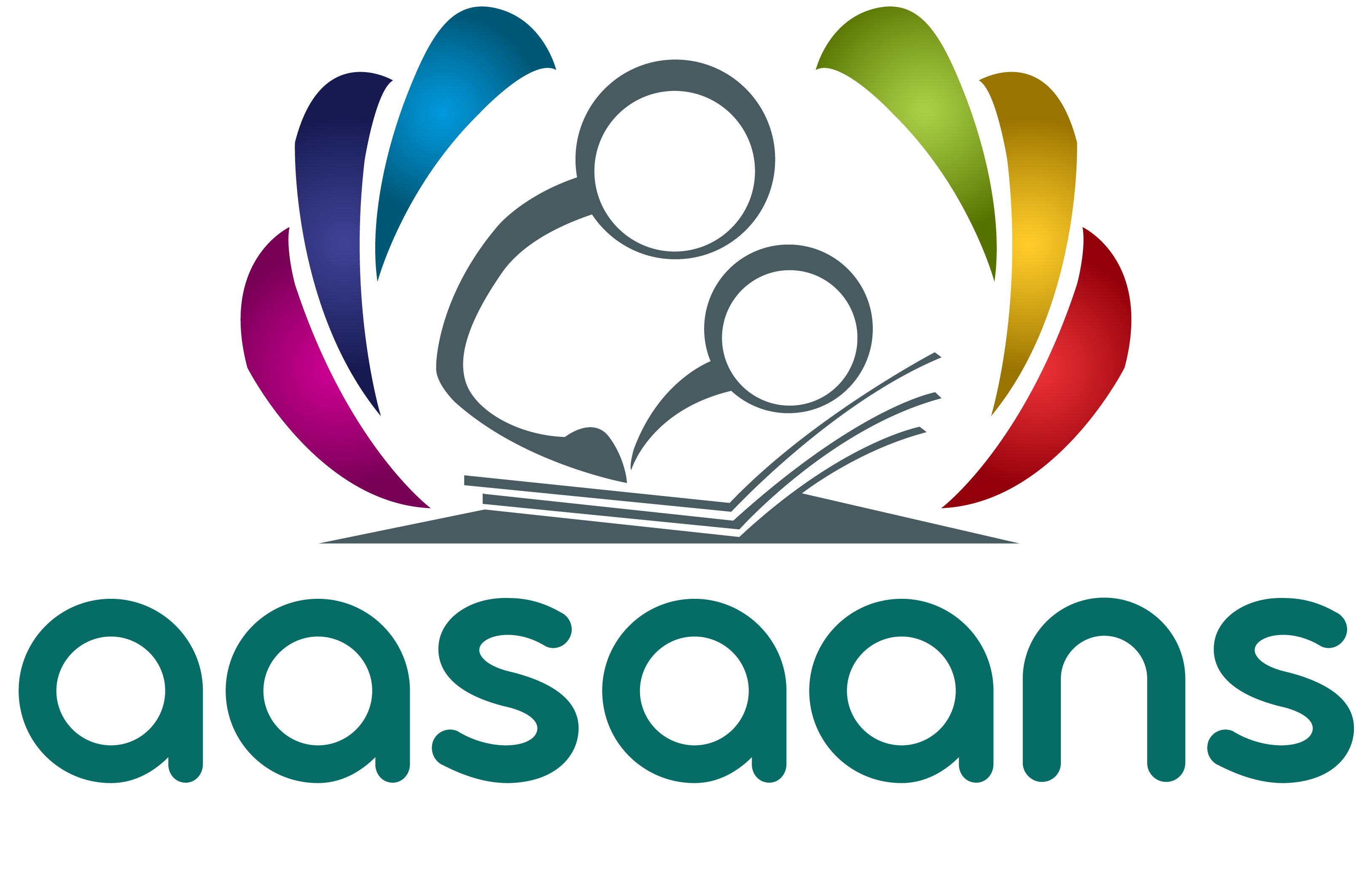Introduction:
Preparing for a teaching job interview requires understanding the questions commonly asked and crafting effective responses. Here’s a guide to the top 20 interview questions for teaching jobs, along with tips on how to answer them professionally:
1. Why did you decide to become a teacher?
- Tip: Share your passion for education and your desire to make a positive impact on students’ lives. Discuss any personal experiences that inspired you to pursue teaching.
2. Describe your teaching philosophy.
- Tip: Explain your beliefs about effective teaching methods, student engagement, and fostering a supportive learning environment. Provide examples of how you apply your philosophy in the classroom.
3. How do you differentiate instruction to meet the needs of diverse learners?
- Tip: Discuss strategies you use to accommodate different learning styles, abilities, and backgrounds. Highlight your experience with personalized learning approaches.
4. How do you assess student learning and progress?
- Tip: Explain your methods for formative and summative assessment. Discuss how you use assessment data to adjust your teaching strategies and support student growth.
5. Describe a challenging classroom situation and how you handled it.
- Tip: Share a specific example of a challenge you faced, such as classroom management issues or student conflicts. Explain the steps you took to address the situation and the outcome.
6. How do you incorporate technology into your teaching?
- Tip: Highlight specific tech tools or platforms you use to enhance student learning. Discuss the benefits of technology in education and your approach to integrating it effectively.
7. What is your approach to classroom management?
- Tip: Outline your strategies for creating a positive and structured learning environment. Emphasize consistency, fairness, and building relationships with students.
8. How do you collaborate with colleagues and parents/guardians?
- Tip: Describe your communication style and strategies for collaborating with other educators, administrators, and families. Highlight the importance of teamwork in supporting student success.
9. What is your experience with curriculum development and lesson planning?
- Tip: Provide examples of how you design engaging lesson plans aligned with curriculum standards. Discuss your process for incorporating educational goals, learning objectives, and assessments.
10. How do you handle student behavioral issues or conflicts?
- Tip: Explain your approach to addressing behavior problems while maintaining a positive learning environment. Discuss strategies for fostering student responsibility and accountability.
11. What do you do to stay current with educational trends and best practices?
- Tip: Mention professional development activities, conferences, workshops, or research you engage in to stay informed about new teaching methods and educational advancements.
12. How do you build rapport with students?
- Tip: Discuss the importance of building trust and relationships with students. Share examples of how you connect with students individually and create a supportive classroom community.
13. Can you give an example of a successful lesson you’ve taught?
- Tip: Describe a lesson that engaged students, facilitated learning, and achieved learning objectives. Highlight any innovative or creative elements you incorporated.
14. How do you handle differences of opinion with colleagues or administrators?
- Tip: Share your approach to resolving conflicts professionally and collaboratively. Emphasize listening, seeking common ground, and maintaining a positive working relationship.
15. What strategies do you use to motivate students who are disengaged or struggling?
- Tip: Discuss motivational techniques, differentiated instruction, and personalized support you provide to help all students succeed academically and socially.
16. How do you address the needs of students with diverse cultural backgrounds or learning abilities?
- Tip: Explain your commitment to inclusivity and equity in education. Share strategies for creating an inclusive classroom environment and supporting diverse learners.
17. What are your strengths and weaknesses as a teacher?
- Tip: Highlight your strengths such as patience, creativity, and adaptability. Discuss how you continuously work on your weaknesses, such as time management or incorporating new technologies.
18. Can you describe your experience with extracurricular activities or student clubs?
- Tip: Share your involvement in extracurricular activities, such as coaching a sports team or advising a student club. Discuss the impact of these activities on students’ overall development.
19. How do you handle stress and pressure in teaching?
- Tip: Explain your strategies for managing stress, maintaining work-life balance, and prioritizing tasks. Emphasize the importance of self-care and resilience in the teaching profession.
20. Why do you want to work at our school/district?
- Tip: Research the school/district beforehand and mention specific reasons why you’re excited about the opportunity, such as its mission, values, or community involvement.
Conclusion
Preparing for a teaching job interview requires thorough preparation and practice. By familiarizing yourself with these top 20 interview questions and crafting thoughtful responses, you can showcase your qualifications, passion for teaching, and readiness to contribute positively to students’ lives. Remember to demonstrate enthusiasm, professionalism, and a genuine commitment to education throughout the interview process. Good luck!



